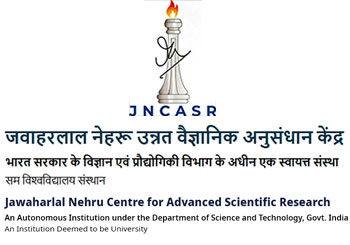After nearly a decade of research, scientists from the Jawaharlal Nehru Centre
for Advanced Scientific Research (JNCASR), Bengaluru, have developed a
molecule that could be a potential drug candidate to halt or cure Alzheimer's
disease, the leading cause of dementia (accounting for 70-80% of cases
worldwide). The research has been published in the journal
Advanced Therapeutics.
According to the study, Dr. T. Govindaraju, Professor at JNCASR, and his team
designed and synthesized molecules capable of reducing the toxicity of
beta-amyloid peptide, which accumulates in the central nervous system. "The
molecule, called TGR63, can rescue neuronal cells from amyloid toxicity. We
observed that it helped reduce clumping and gradually reverse cognitive
decline," stated Dr. Govindaraju.
Publication details:
Samanta, S., Rajasekhar, K., Ramesh, M., Murugan, N.A., Alam, S., Shah, D.,
Clement, J.P., and Govindaraju, T. (2021). Naphthalene Monoimide Derivative
Ameliorates Amyloid Burden and Cognitive Decline in a Transgenic Mouse Model
of Alzheimer's Disease. Advanced Therapeutics, 2000225.
https://doi.org/10.1002/adtp.202000225
News reported by:
